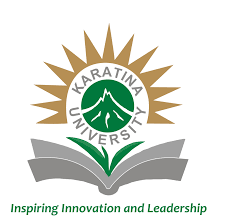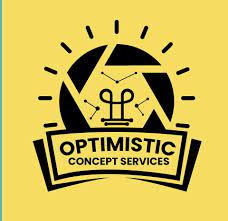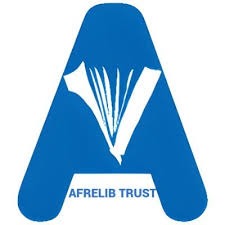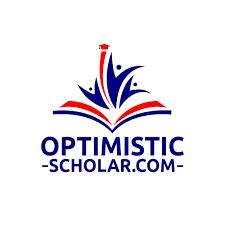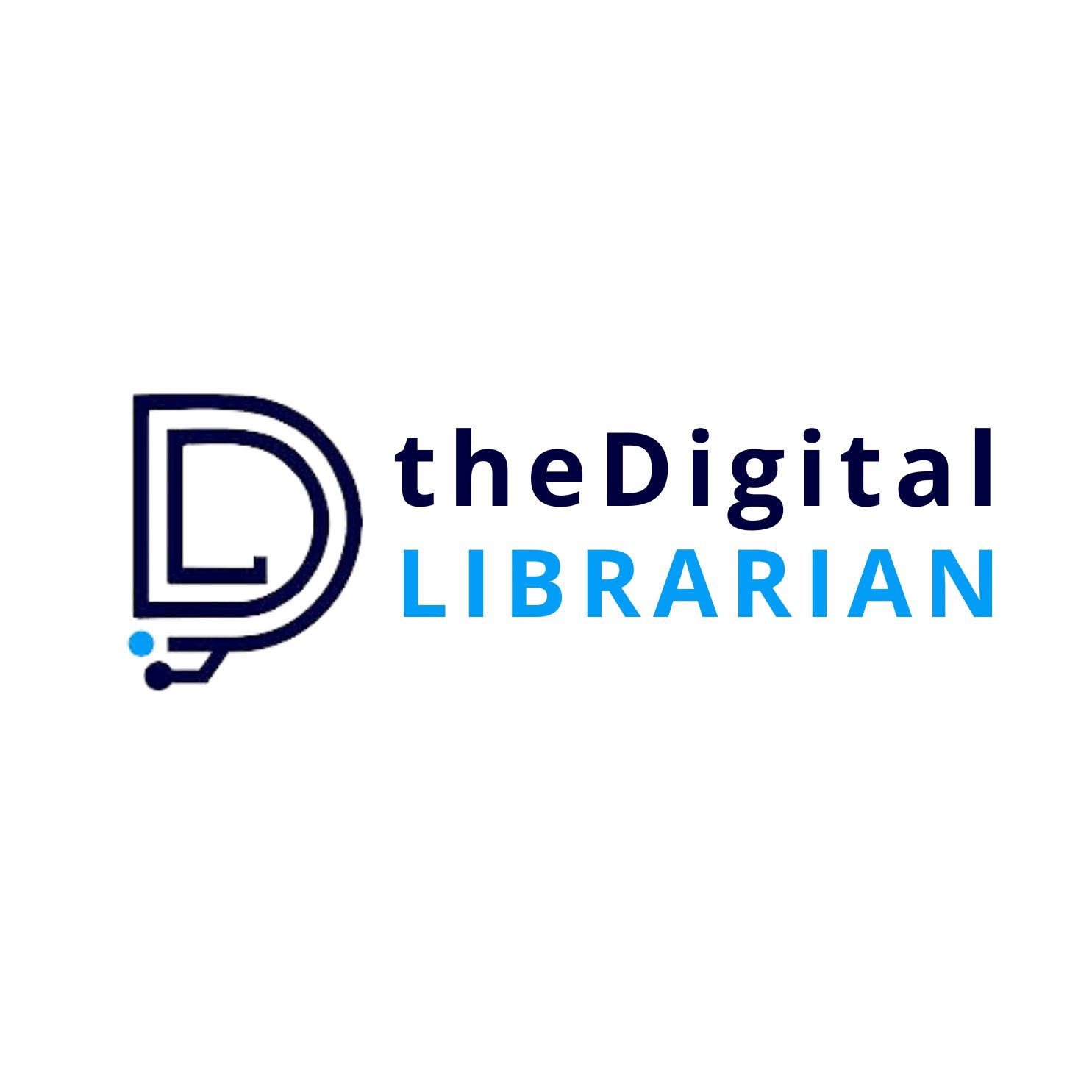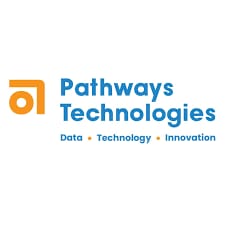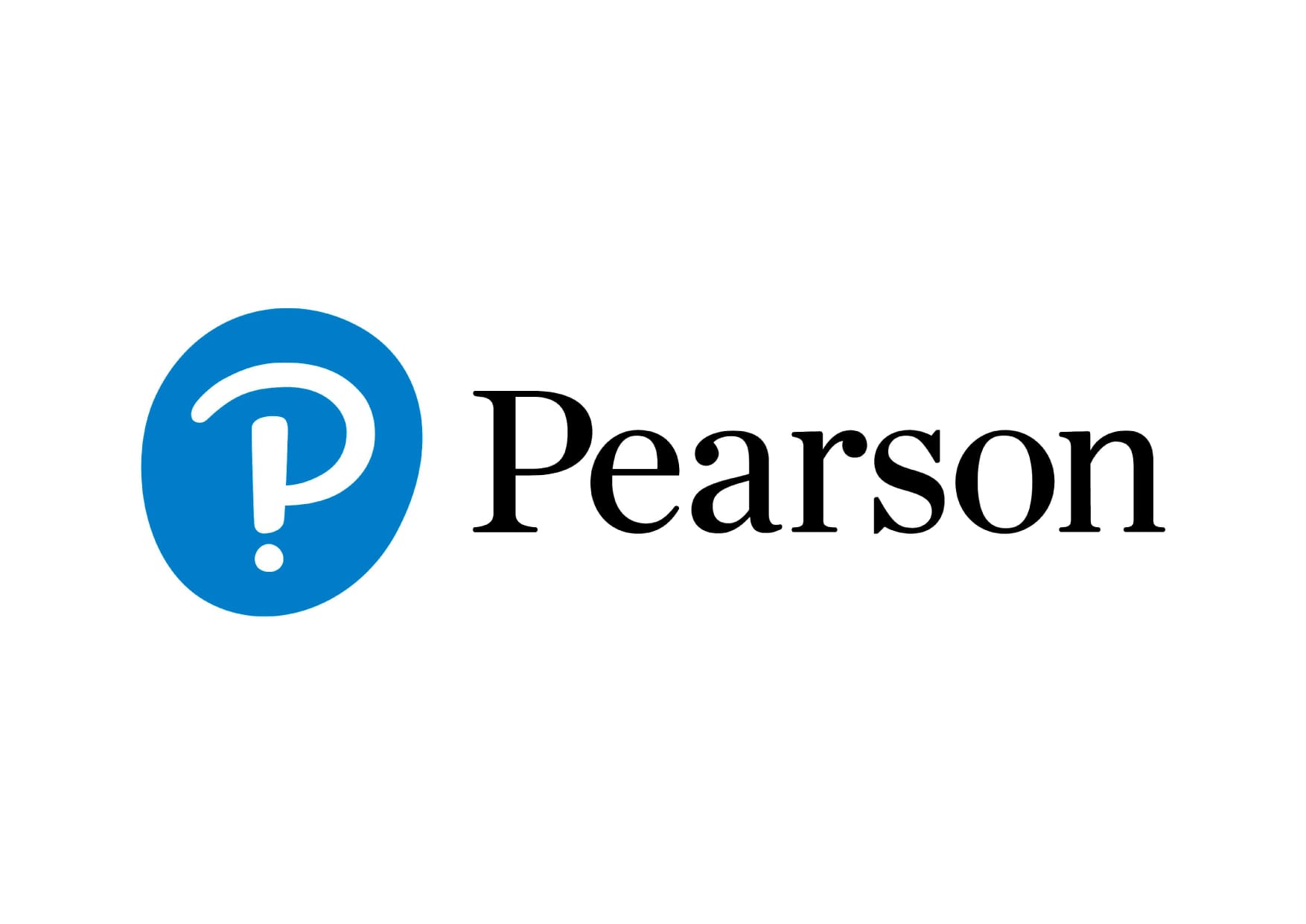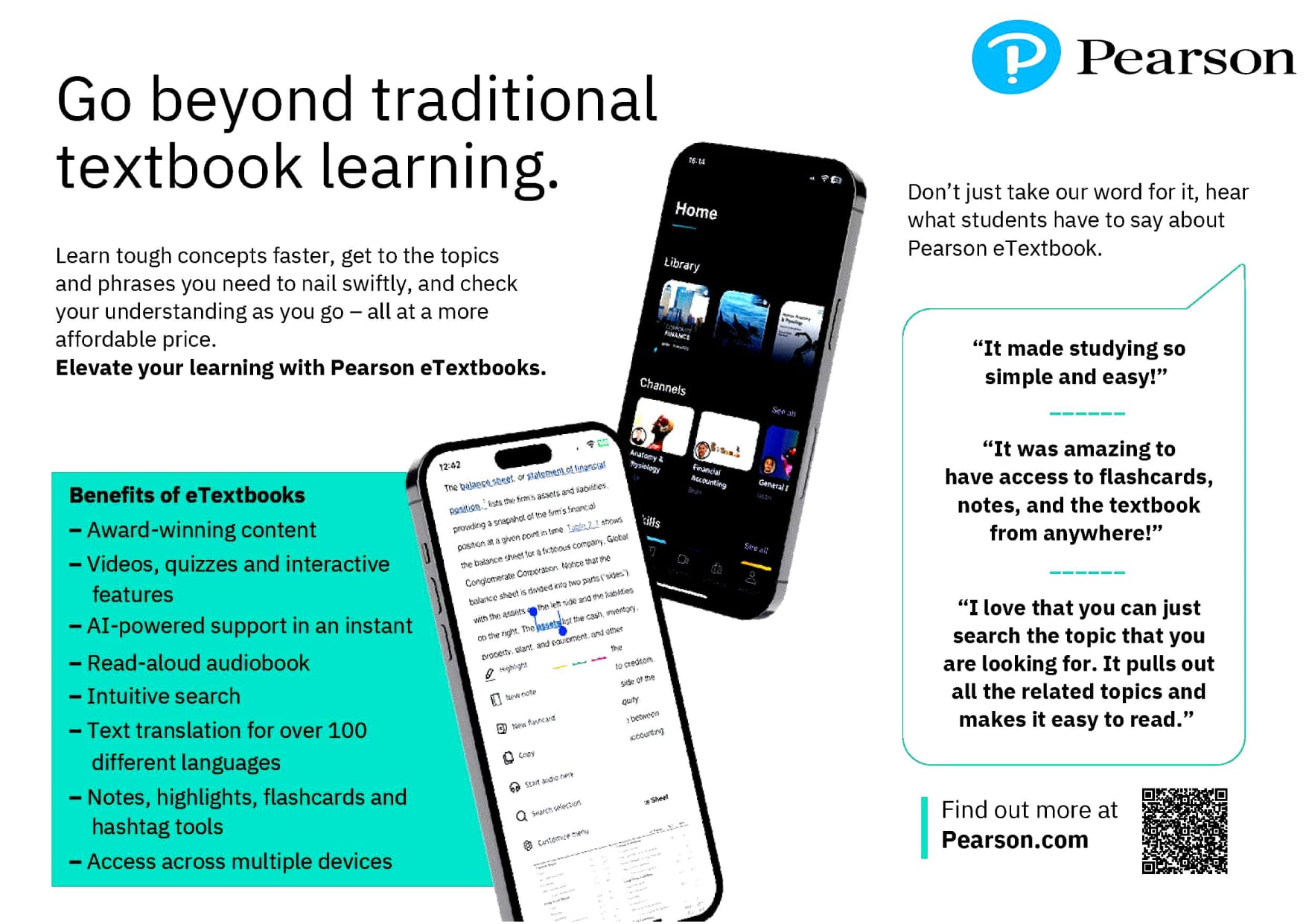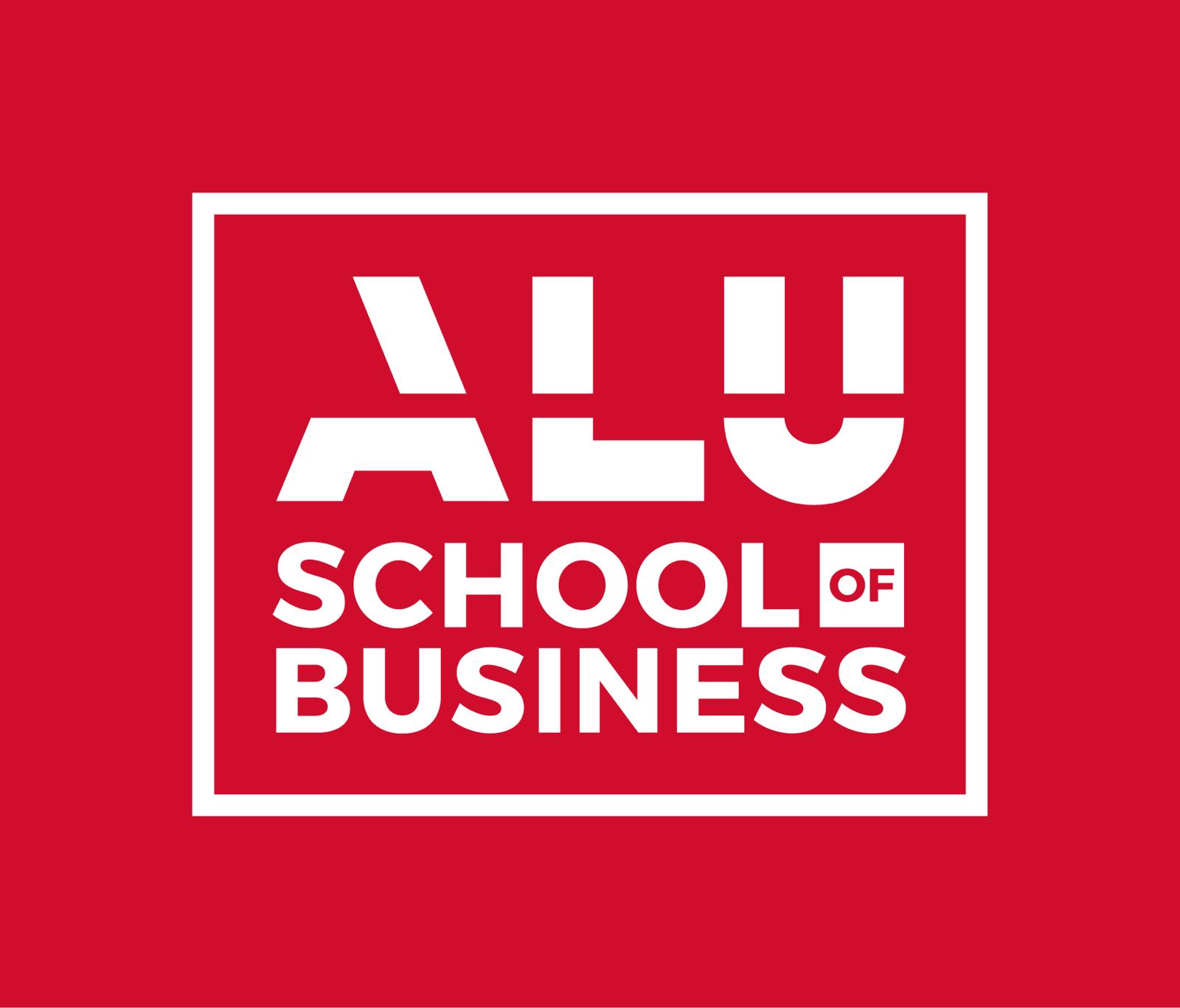About ICSKS - ICSKS 2025
- Home
- About ICSKS
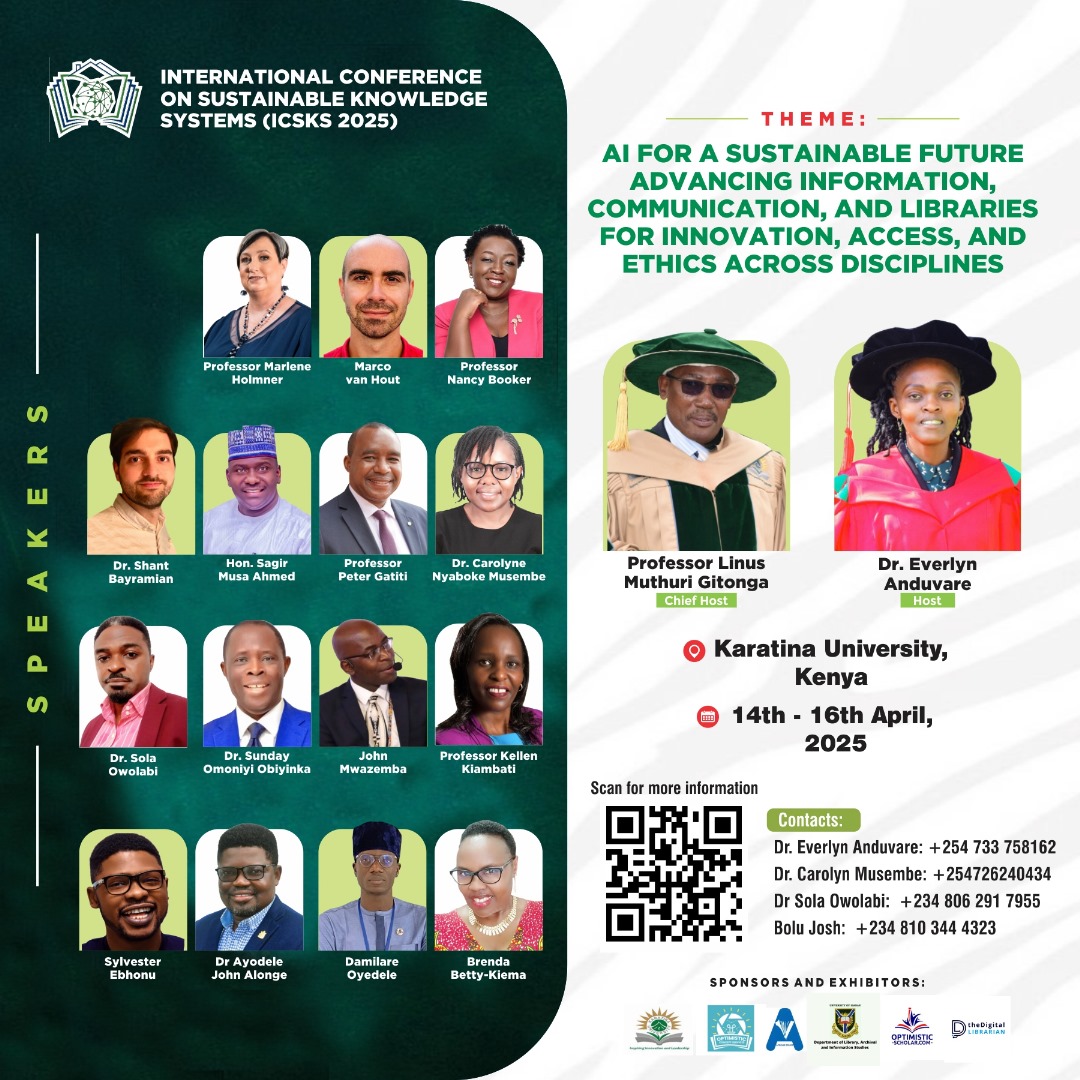
Conference Theme
ICSKS 2025 brings together professionals, researchers, and innovators to discuss AI’s transformative impact on sectors like information science, communication, healthcare, environmental studies, and legal systems, focusing on advancing the United Nations Sustainable Development Goals (SDGs).
Where
When
Conference Program
Conference Overview
As Artificial Intelligence (AI) rapidly evolves, its transformative impact is felt across numerous sectors, including communication, healthcare, environmental studies, legal systems, and research aligned with the Sustainable Development Goals (SDGs).
The International Conference on AI and Sustainable Knowledge Systems unites professionals and academics to explore AI’s potential to revolutionize these fields. Attendees will explore AI-powered solutions for information discovery, content generation, personalization, and ethical data handling.
Organized by the Karatina University Library, Kenya supported by OCS Academy, Netherlands, Afrlib Trust UK, the Department of Library, Archival, and Information Studies, University of Ibadan, Nigeria, the Department of School Library and Media Technology, University of Ibadan, Nigeria, OptimisticScholar.com, and The Digital Librarian, this conference offers a dynamic platform for participants to engage with advanced AI technologies. Through a blend of scholarly presentations, interactive workshops, and global case studies, attendees will gain practical insights into AI integration. Key discussions on ethical concerns—such as privacy, bias, and accountability—will underscore the importance of responsible AI adoption across disciplines.
Important Dates
Abstract Submission Deadline: January 31, 2025.
Notification of Acceptance: Within 7 days of submission.
Final Paper Submission: March 1, 2025.
Submit Here: ICSKS 2025 Submission Link
Publication Opportunity
Selected papers will be published free of charge in an open access and peer-reviewed academic journal and featured on the Optimistic Scholar blog.
Conference Objectives
- Examine AI Applications Across Disciplines: Discover how AI transforms libraries, communication, healthcare, environmental studies, and legal systems, enhancing knowledge sharing, research, and decision-making.
- Advance AI Literacy through Practical Workshops: Engage in hands-on workshops with AI tools relevant to fields such as sustainable development, health information, and media.
- Promote Ethical and Responsible AI Use: Address ethical considerations in AI, including privacy, bias, and accountability, to encourage responsible practices aligned with societal and SDG goals.
- Present Global Case Studies and Best Practices: Showcase innovative AI applications from diverse regions, promoting collaboration on AI-driven projects with sustainable development impact.
- Develop Strategic AI Frameworks: Guide participants in crafting AI strategies tailored to their fields, promote sustainable AI adoption in healthcare, environmental studies, law, communication, and beyond.
Sub-Themes
- 1. AI for Sustainable Development Goals (SDGs) and Societal Impact:
Explore AI’s role in supporting SDG initiatives such as environmental conservation, healthcare access, and poverty reduction, while fostering cross-sector collaborations to address global challenges. - 2. AI-Driven Knowledge Discovery in Libraries and Information Centers:
Investigate how AI enhances search efficiency, digital archiving, and knowledge discovery in libraries, information centers, healthcare databases, environmental studies, and SDG-focused research.
3. AI in Education and Learning Systems:
Discover AI’s transformative impact on global education through adaptive learning platforms and personalized content delivery, promoting accessibility and inclusivity in education.
4. AI in Communication, Journalism, and Media:
Examine how AI reshapes communication and journalism, including data-driven storytelling, automated news production, audience sentiment analysis, and ethical media practices.
5. Ethical AI and Responsible Innovation:
Address critical ethical concerns in AI, such as privacy, bias, and accountability, to ensure responsible AI practices that align with societal values and sustainable development goals.
6. AI for Environmental Monitoring and Climate Action:
Discuss AI-driven solutions for climate resilience, environmental monitoring, and resource management, supporting sustainable practices and climate action through data insights.
7. Human-AI Collaboration in Publishing, Creative, and Cultural Industries:
Explore how AI enhances creativity in media, publishing, and cultural heritage preservation, driving innovative storytelling and expanding access to cultural knowledge.
8. AI in Legal Systems, Policy, and Governance:
Examine AI’s impact on information management, transparency, and ethical decision-making in legal systems and public policy, promoting accountability and accessibility.
9. AI for Digital Transformation and Sustainable Innovation:
Investigate AI’s role in driving digital transformation across sectors like business, academia, healthcare, and government, fostering sustainable innovation and operational efficiency.
10. AI-Enhanced Research and Interdisciplinary Collaboration:
Explore how AI strengthens data mining, research methodologies, and interdisciplinary collaboration, advancing fields like public health, environmental studies, and business intelligence.
11. AI for Accessibility and Personalized Engagement:
Discover how AI enhances accessibility for individuals with disabilities and enables personalized engagement in education, healthcare, and digital media, creating inclusive digital experiences.
12. AI and Multimedia Innovations:
Examine AI’s transformation of audio and visual communication, enhancing audience engagement and collaboration in education, entertainment, and digital media.
13. AI in Public Health, Bibliotherapy, and Cinematherapy:
Explore AI's role in healthcare diagnostics, personalized medicine, and public health communication. Examine how AI supports mental health through bibliotherapy and cinematotherapy, promoting well-being through curated content and ethical, data-driven decisions.
14. AI for Green Libraries and Sustainable Practices:
Explore how AI supports green libraries by optimizing resource efficiency, reducing environmental impact, and promoting sustainable practices in information management.
15. AI Applications in Archives and Records Management:
Examine how AI aids in organizing, preserving, and accessing archival materials, supporting efficient records management and safeguarding cultural heritage.
Expected Participants
- Communication and Media Experts
- Library and Information Science Professionals
- Health Information and Public Health Professionals
- Environmental Researchers and SDG Advocates
- Legal Professionals and Law Librarians
- AI Researchers and Technologists
- Government Officials and Policy Makers
- Content Creators and Digital Media Managers
- Archivists and Digital Curators
- ICT and Data Science Professionals
- Book Publishers and Knowledge
- Production Experts
- Experts in Bibliotherapy and Cinematherapy
- Graduate Students and Early Career Researchers
- Multidisciplinary Researchers in Sustainable Development, Health, and Environmental Studies
- Digital Transformation Researchers and Business Leaders
Sponsorship & Partnership Opportunity
We warmly invite your organization to support our conference through sponsorship, funding, grants, or contributions towards conference materials and resources. Your invaluable support will be instrumental in ensuring the success of this impactful event.
Contact Us
Contact Us
Dr. Everlyn Anduvare, +254 733 758162
Bolu Josh, +234 810 344 4323
Dr. John Alonge +31639456751
Dr. Sola Owolabi +234 806 291 7955
Email: icsks.conference@gmail.com
Professor Linus Muthuri Gitonga
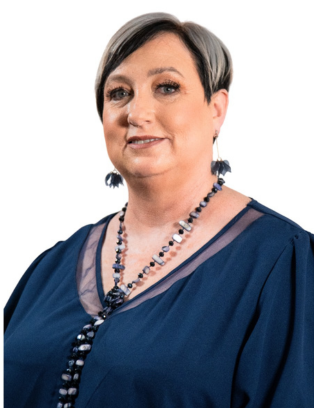
Professor Marlene Holmner
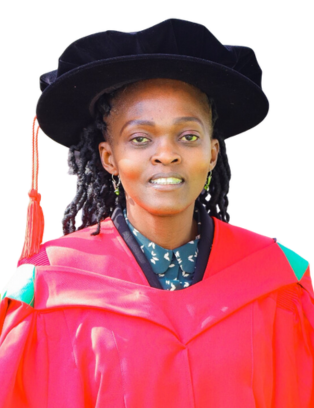
Dr. Everlyn Anduvare
Marco van Hout
Honorable Sagir Musa Ahmed

Professor Peter Gatiti
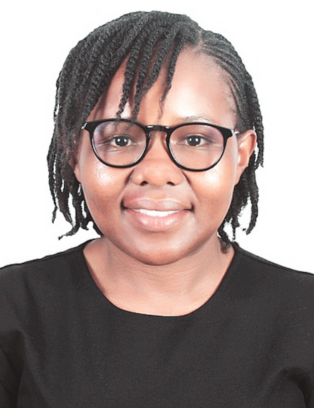
Dr. Carolyne Nyaboke Musembe

Dr. Sunday Omoniyi Obiyinka

John Mwazemba
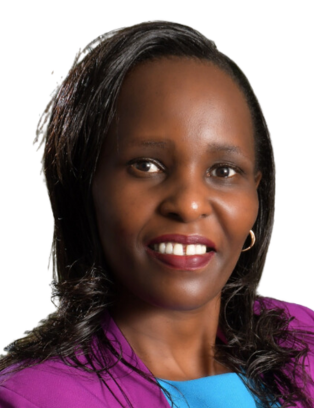
Professor Kellen Kiambati
Dr. Shant Bayramian

Dr. Sola Owolabi

Sylvester Ebhonu

Brenda Betty Kiema
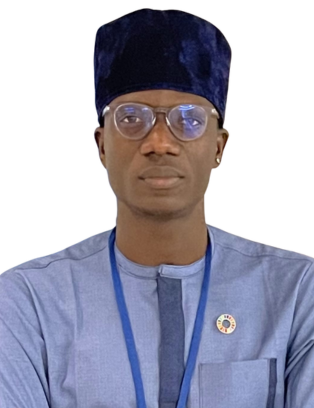
Damilare Oyedele

Dr. Ayodele John Alonge







